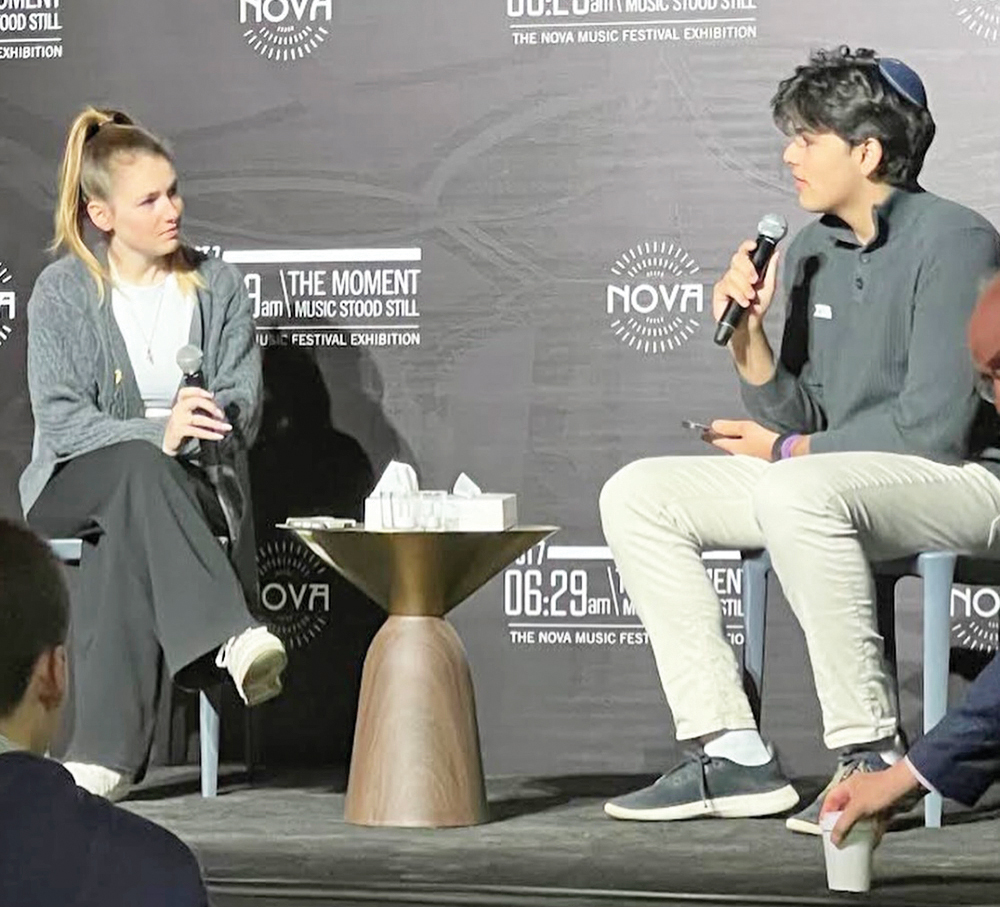The international community commemorates the Holocaust on January 27, the anniversary of the day Auschwitz was liberated. It is called Holocaust Remembrance Day, and ceremonies are held around the globe to remember in the sense of learning from what they had done to the Jews—to essentially force themselves to obey the commandment of Zachor. Much lip service is paid, some sincerity may be present, and that is better than nothing, one supposes.
Yom HaShoah ve Hagevurah, a date set by the Israeli government in Ben-Gurion days, is the Sunday after Pesach—set aside in chodesh Nissan to commemorate the kedoshim of the Holocaust and the fighters of the Warsaw Ghetto (whose battle against the Germans held out longer than those of many nations) is a day of Yizkor, a day to mourn our losses and to remember what we need to learn from that churban. And so began the Holocaust Education movement—which has had incredible success.
Yom Hashoah in the U.S. is an entire week known as Days of Remembrance. Ceremonies take place from sea to shining sea in cities and hamlets, in synagogues and churches, on Capitol Hill and in state capitals and city halls in virtually every state of the Union. This “public education” resulted in the creation of institutions like the Holocaust Memorial Museum in Washington, DC, the Museum of Jewish Heritage in New York, the Simon Wiesenthal Center in Los Angeles and the museum in Houston.
We are remembering and memorializing, and reminding ourselves about what we learned from the experience, but we have be careful not to teach the Holocaust as victimology. Other ethnic groups who suffered from organized persecution resent it when their history is ignored. As a result, people become desensitized and resentful, or worse.
Whenever survivors speak in classrooms, they end their remarkable stories by reminding students that we have to be better people. When they talk to Jewish students they remind them to be true to Israel and their heritage. They have asked their sons and daughters to help them fulfill a responsibility to hardwire the kids against hatred and to care about others. And it often seems that no matter what you tell teenagers about the Holocaust today, they don’t really care. It makes more sense to teach them about what happens when political systems fall apart and hatred is used as a political tool—whether it is Nazi Germany, Iran, or even the United States.
For what the survivors really want is for people of all ages to be able to address their inability to care about the other guy, whether it’s a Jew in the Holocaust, an “Albanian” in Kosovo, a slave in Darfur, a little girl in Rwanda, or anyone of the 50,000,000 million victims of genocide and ethnic cleansing since the beginning of the twentieth century.
In addition to keeping our own heritage alive, we have to learn about taking responsibility for goodness and speaking truth to power.
By Jeanette Friedman













